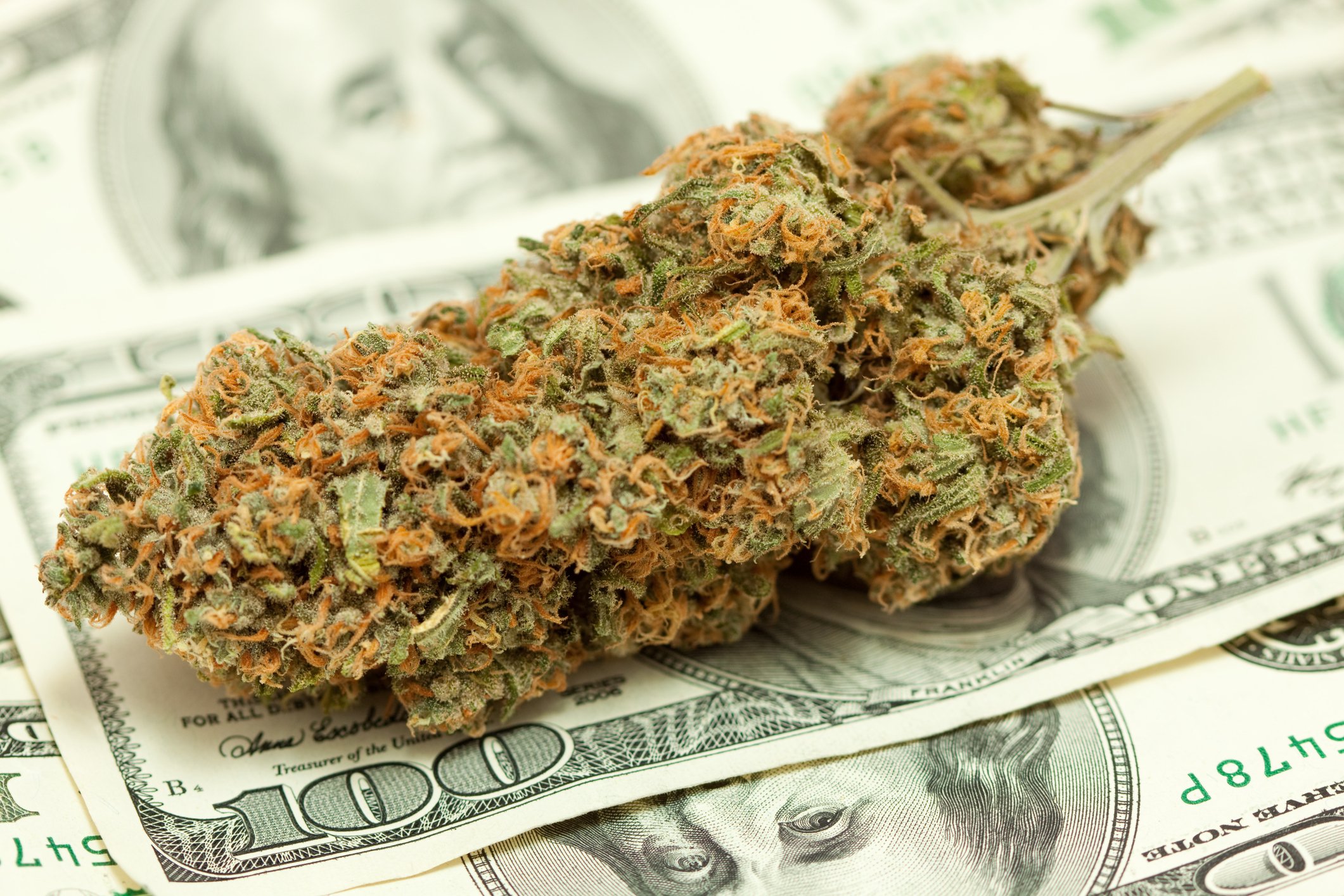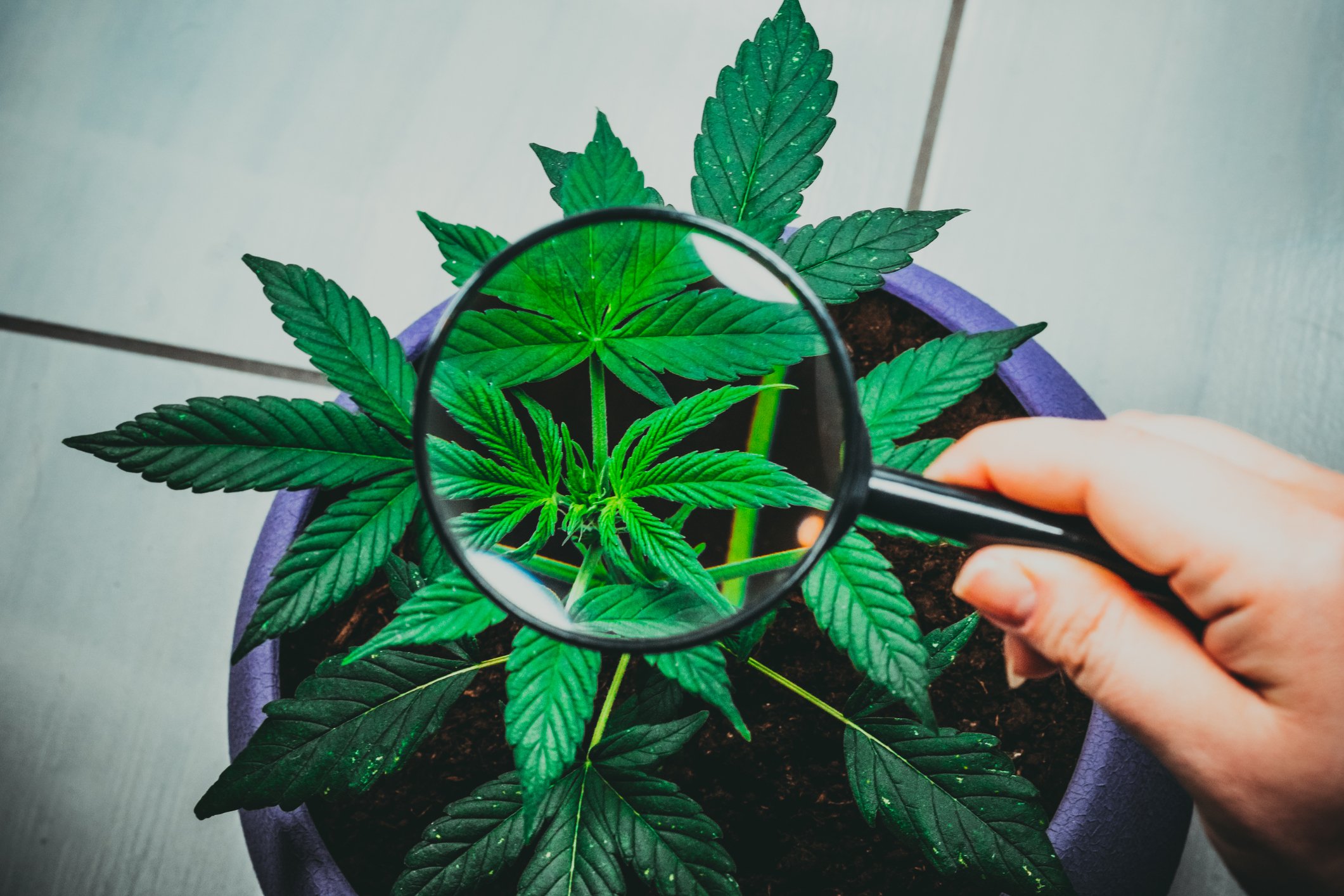Despite a host of operational struggles (more on that in a minute), Insys Therapeutics' (INSY +0.00%) share price climbed 15% this week after management provided a limited update on its progress developing medicine made using marijuana's chemical cannabinoid, cannabidiol (CBD).
A welcome bit of news
On Wednesday, Insys Therapeutics management put out a press release announcing that patients who have been participating in safety studies for its oral CBD -- a non-psychoactive chemical cannabinoid -- would be allowed to continue receiving up to 40 mg/kg/day of CBD through investigator studies, at no cost.

IMAGE SOURCE: GETTY IMAGES.
In reporting this news, Insys Therapeutics' interim CEO Dr. Santosh Vetticaden said, "We are pleased that investigators have deemed it appropriate to continue patients on Cannabidiol Oral Solution beyond 48 weeks of treatment and we remain dedicated to making our product available to them."
The update on the company's CBD program doesn't provide a lot of meat for investors to digest, but it does suggest that Insys Therapeutics hasn't abandoned programs to develop CBD for epilepsy and, possibly, other indications. Lately, I had started wondering if the company's operational struggles due to its opioid pain medication Subsys would lead it to sideline its CBD program, especially since GW Pharmaceuticals (GWPH +0.00%) has plans to file a competing CBD medicine for Food and Drug Administration (FDA) approval soon.
A company without a rudder?
Over the past two years, Insys Therapeutics has been mired in controversy surrounding its sales and marketing of Subsys, a fentanyl spray. Subsys won an FDA okay in 2012 for use in breakthrough cancer pain, a specific type of pain experienced primarily by patients with terminal forms of late-stage cancer. Despite a relatively limited addressable patient population, Subsys' prescription volume and Insys Therapeutics' sales surged to more than $300 million per year in 2015.
However, recent investigations suggest Subsys' rising demand wasn't due to increased use in cancer patients, but an over-the-top marketing campaign that has since led to the arrest of former Insys Therapeutics' executives on kickback charges.
Subsys' investigation has created a revolving door in Insys Therapeutics' C-suite. The company's CEO Michael Babich was shown the door in late 2015, and he was replaced by founder and chairman Dr. John Kapoor. Babich was arrested in December for his alleged role in the kickback scheme.
Last summer, Kapoor announced he would be stepping down from the top spot to pursue other opportunities, and he made good on that promise on January 9th. In his place stepped Vetticaden, the company's chief medical officer, who, according to SEC filings, received an option grant for 30,000 shares of common stock and will receive "additional cash compensation (above and beyond his normal salary as chief medical officer) in the form [of] a $25,000 monthly cash stipend payment for each month in which he serves as the Interim CEO."
Currently, it's unclear how the company's search for a permanent CEO is progressing, how long Vetticaden will remain in his interim position, or how focused management is on its research and development (R&D) projects, given all the distractions.
Big question marks
Even a small hint that R&D is continuing on CBD is good news, but there are so many questions that need to be answered before I think that this stock is investment-worthy, again.
For one, the Subsys case is still underway and it's unclear if it could result in costly fines or other penalties to Insys Therapeutics. Subsys' sales have also been falling steadily as doctors shun opioids because of their abuse potential, and it's not clear when those sales will find their floor.
The launch timing of Insys Therapeutics' reformulation of the marijuana-based drug marinol remains unknown because the company's yet to receive DEA scheduling, despite winning FDA approval last year. Furthermore, while the company's researching ways to expand its spray technology to other medications, there's no telling when that research will lead to an FDA application for approval.
Given that backdrop and the fact that Insys Therapeutics appears to be miles behind GW Pharmaceuticals in developing CBD for epilepsy, it's not hard to make a case for investors to continue approaching Insys Therapeutics' stock cautiously.
Last year, GW Pharmaceuticals reported results from three separate trials of its CBD drug Epidiolex, showing it reduces monthly seizures in rare forms of childhood epilepsy by about 40%. Assuming GW Pharmaceuticals files for FDA approval, as expected, Epidiolex could become commercially available as soon as 2018.
Therefore, until Insys Therapeutics' questions get answered, all but the most aggressive of investors might be better off focusing on other investment ideas.






